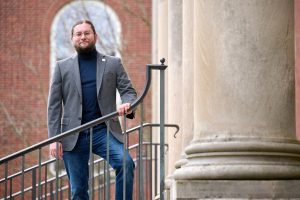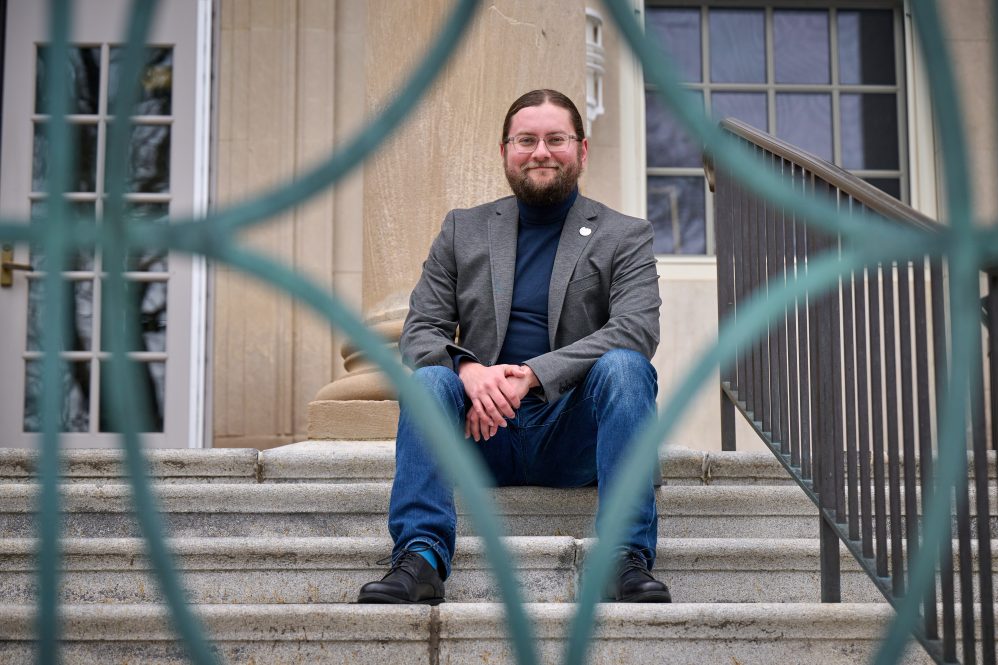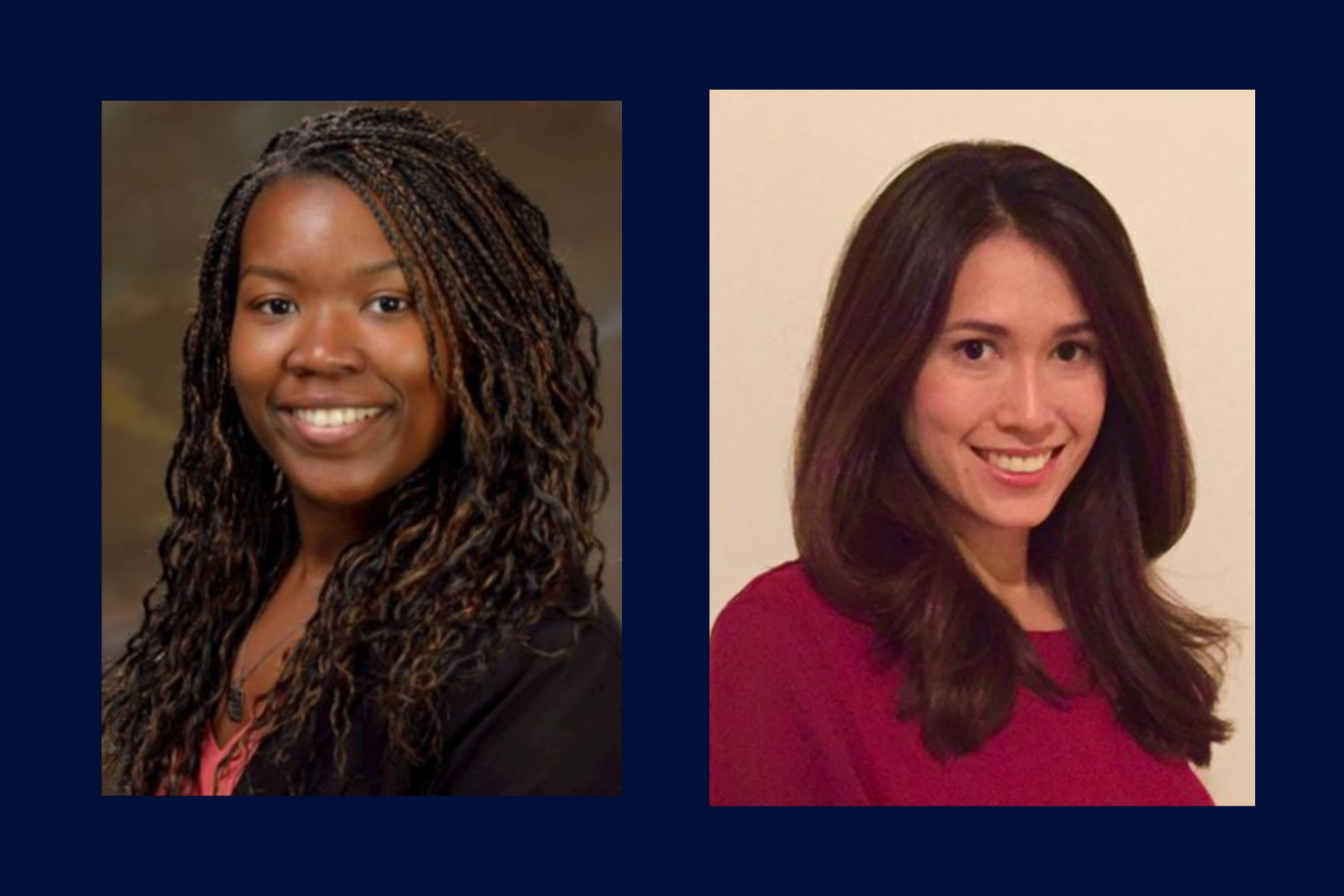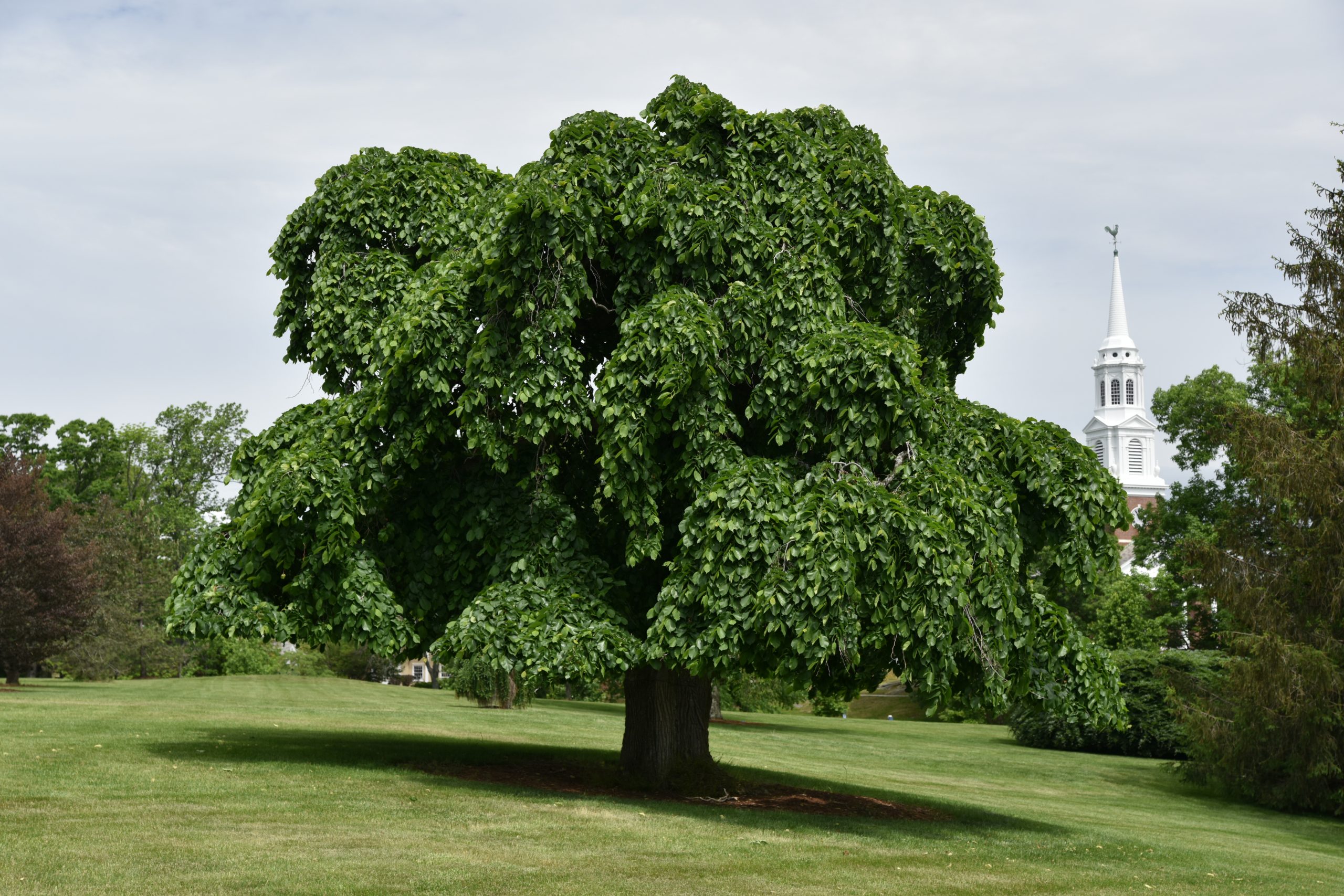On Wikipedia, you can learn about how Wilfred Xavier Johnson was not only the first African American elected to the Connecticut General Assembly, but was also the first Black bank teller in Connecticut – he worked at the Hartford National Bank from the time he was in high school until his death in 1972.
There’s an article about Frank Ballard, the pioneering puppeteer who taught UConn’s first puppetry class in 1964. UConn is still the only American university that offers a master’s degree in puppetry.
You can read about Natalie A. Braswell, a distinguished graduate – earning her bachelors, masters, and law degrees from UConn – who now serves as Connecticut’s State Comptroller.
You can learn the history of the Frog Rock, a roadside attraction about 25 minutes from campus, in the tiny town of Eastford, that is literally a giant boulder painted to look like an enormous green frog.
And you can find the story of Harrison Brooks Fitch, UConn’s first Black basketball player, and the campus community in Storrs that rallied to support him in the face of overt racism and discrimination in 1934.
Among the more than 6.4 million articles that live on Wikipedia, you’ll find pages documenting figures and landmarks from across UConn’s past and present – from Ratcliffe Hicks to Andrew Agwunobi, from the Benton Museum to Charles and Augustus Storrs.
These widely varied encyclopedic entries share a commonality: They were written by Michael Rodriguez.
“Editing Wikipedia feels like a meditative activity – it’s something you do to wind down the day,” says Rodriguez. “Some people sit on the couch and watch television. I sit on the couch, and probably watch television, but also write Wikipedia articles.”
Part Hobby, Part Public Service
Rodriguez works as a collections strategist for the UConn Library. His job is to think holistically about the library’s various collections, assess the needs of the various communities who rely on the library, and then make decisions about the materials the library acquires or makes available.
But in his personal time, he enjoys hiking, long-distance bicycling, and writing and editing articles on Wikipedia, the online encyclopedia that many use and relatively few contribute to.
Rodriguez has dabbled as a Wikipedia contributor since he was a teenager, but the pandemic kicked his interest into overdrive. He’s authored more than 150 articles on the website, most of them in just the past two years, and he’s edited or expanded hundreds more.

“When the pandemic happened, a lot of social opportunities were limited,” he explains. “We couldn’t really be indoors. So, I got to doing a lot more hiking and walking around, sort of being in history. And walking around the UConn campus as well was a real catalyst for me, just walking around and seeing the names on the buildings and wondering, why? Why that person on that building?”
He began researching the backstories of the buildings on campus and realized that while some of the namesakes seemed quite notable, they had no presence on Wikipedia.
“That information is out there, but it’s not easily discoverable,” he explains. “Wikipedia was a way to bring greater public awareness to these people who have played this overlooked role in the University’s history, but also in the state’s history.”
Rodriguez’s Wikipedia writing has been so prolific that he says he’s recently started to run out of new historic UConn figures to write about. He’s been searching through the University’s Archives and Special Collections as well as delving into Connecticut history more broadly in search of new people and landmarks to add to Wikipedia.
A student of history, Rodriguez came to UConn about six years ago from Florida, drawn to New England because of the rich connections to the past that are easily discoverable in Connecticut and its neighboring states.
“Anywhere you walk around, someone has been there before and has left their mark,” he explains. “There are stone walls everywhere, there are historical buildings. There are ruins. You can go for a hike in the woods and come across old train tracks or old bridges or old farmhouses, and I’ve always been interested in history. It’s what I studied as an undergraduate, and it’s one of the reasons why I’m so into Wikipedia—as a way of documenting history in this highly public venue.”
Addressing Gaps in Wikipedia’s Record
He writes Wikipedia articles under the handle “Topshelver” – a nod to his college days, when he worked part-time in his public library in Florida and spent a lot of time re-shelving books – many, many books. At one point, he’d gotten so good at shelving books that he timed himself to see just how fast he could go.
“I realized I had shelved 200 books in an hour,” he says. “One of my colleagues at the time jokingly said that you’re a ‘top shelver,’ and it just stuck.”
For Rodriguez, the appeal of Wikipedia echoes the appeal of being a librarian, a profession that involves so much more than just putting books back on shelves. Library and information science offers the ability to learn about a vast array of topics and contribute knowledge to the public sphere.
“As an undergrad, I was encouraged by my faculty, by my instructors, to think about doing history in graduate studies,” he says. “But I opted for librarianship because I wanted to stay a generalist, rather than a specialist. I wanted to be able to think about and dip into and out of all these elements of history. And that’s one of the great things, I think, about being a librarian. My role is highly specialized in the library, but it does mean that I can have my fingers in a lot of different pies.”
While his article about the Frog Rock is one of his favorites – “it’s one of those charming articles that you find on Wikipedia occasionally,” he explains – Rodriguez is most proud of the articles he’s authored about women and African Americans in Connecticut’s history. He hopes, in his own small way, to help address the gender and racial representational imbalances that exists on Wikipedia.
“Less than 20 percent of biographies on Wikipedia are about women,” he says. “The proportion is even lower for African Americans and people of color. So, I’m really thinking about how I can try to redress that gap. It’s been important in my thinking.”
A Collaboration, Never a Completion
Rodriguez has found a lot of support from friends and UConn colleagues for his Wikipedia contributions, and he encourages anyone who wants to embark on their own hobby of Wikipedia writing to make an account and start small. Take a walk through your town and snap photos of historic landmarks that could be added to the site. Add a reference or a citation. Correct a typo.
“There’s never the assumption that you need to produce something complete,” he explains. “Anything you do is always there to be enhanced or built upon or corrected by folks who come after you. So, any contribution you make – no matter how short or limited – is valuable.”
Wikipedia, Rodriguez notes, represents the Internet’s early promise as “this collaborative, empowered space, where anyone was free to come in and contribute knowledge and enhance knowledge, and that knowledge then would always be public and would always be free,” he says.
“That’s what really intrigued me about Wikipedia. It’s the encyclopedia that anyone can edit and anyone can read. In a way, it represents the democratizing role that the Internet once played, and hopefully can continue to play.”



